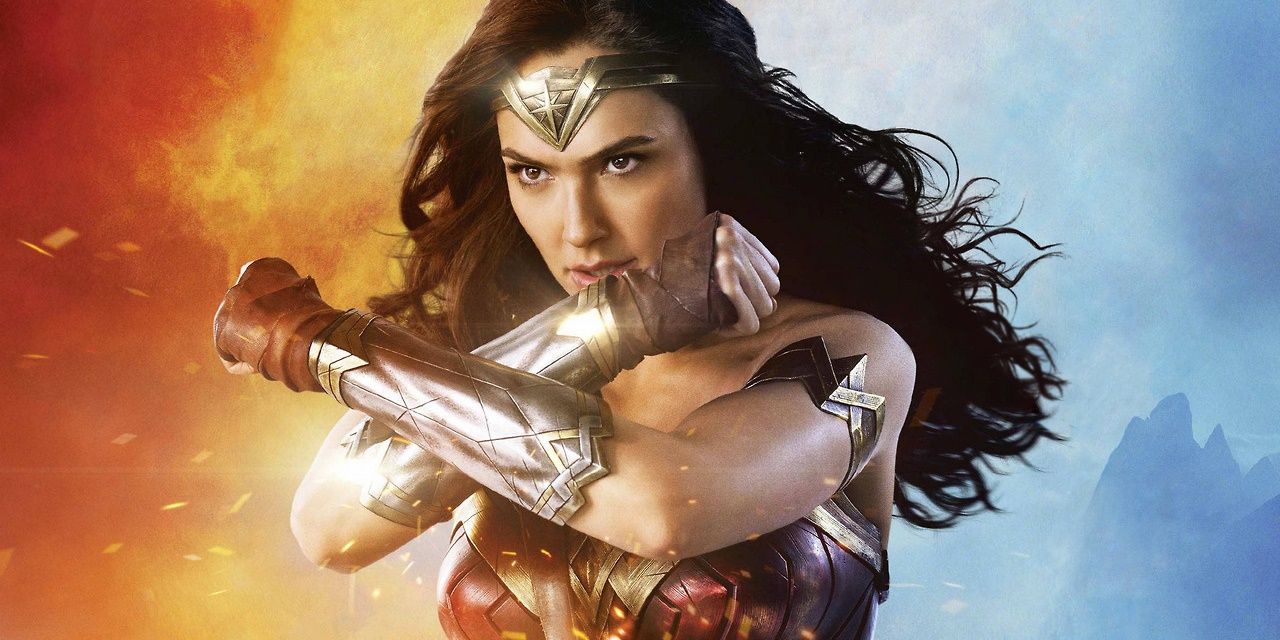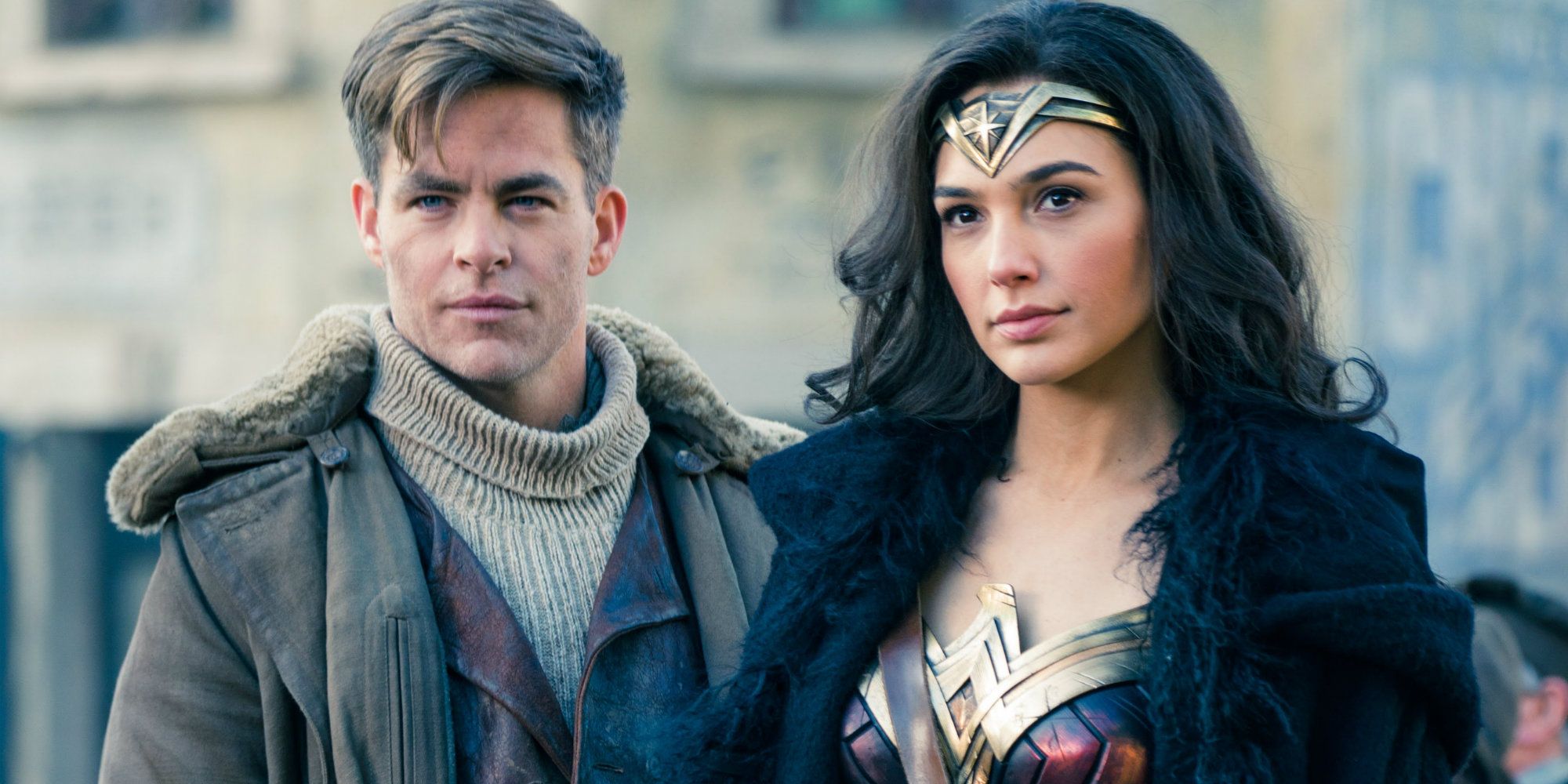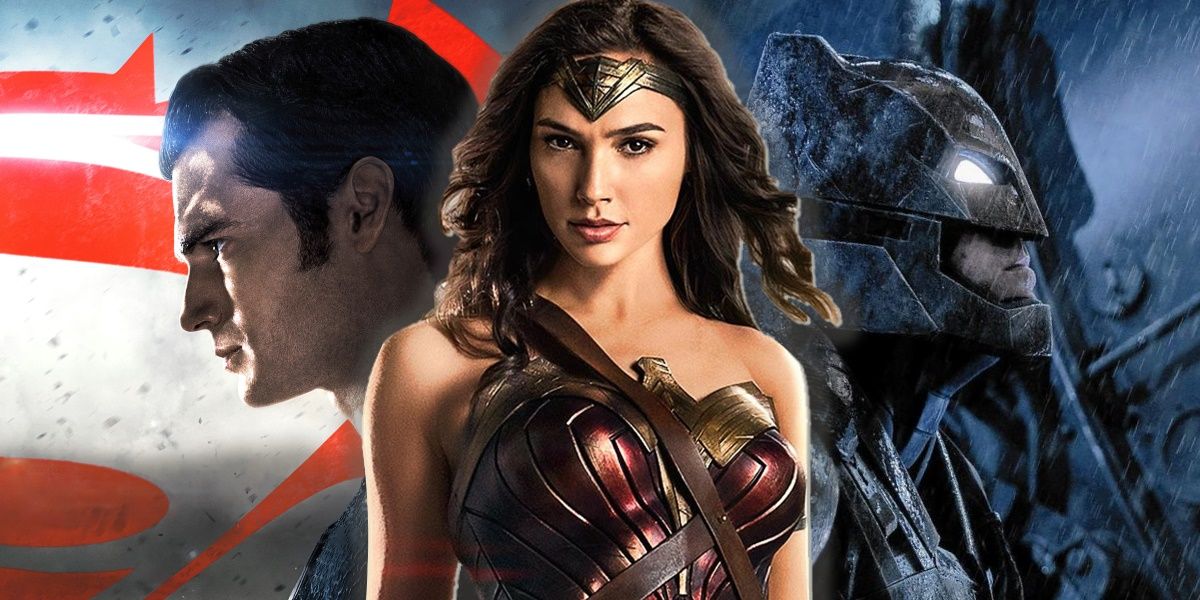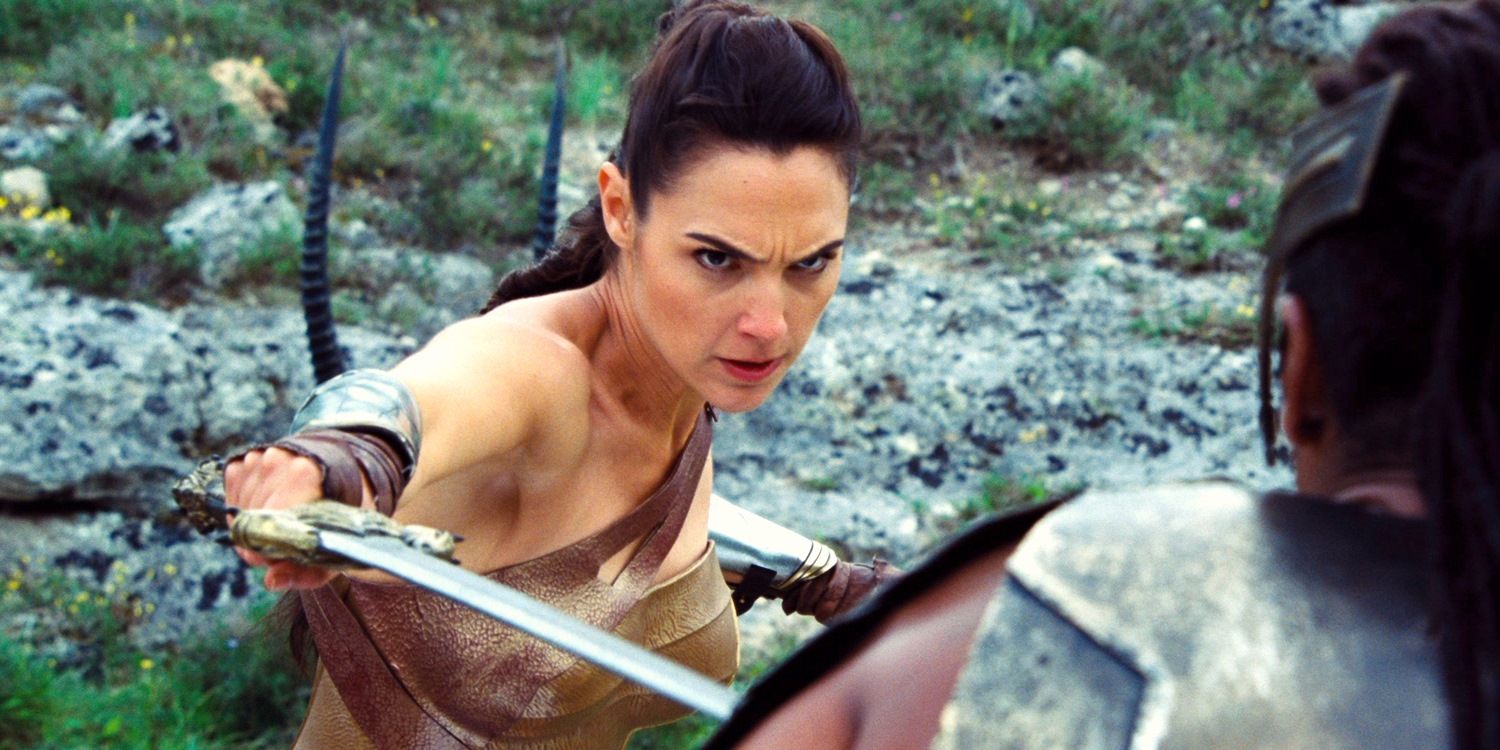It was just a few short years ago that a blockbuster Wonder Woman movie seemed 'doomed to fail' - based on little else but the belief that "women-led comic movies can't succeed". But these days things are different, as an increasing number of movie websites, pundits, blogs, and major outlets agree: Wonder Woman seems doomed to fail... because her movie is set in the DCEU - the fact that she's a woman has nothing to do with it. Because as anyone following online superhero movie conversations has noticed by now, according to many detractors, there's little the DCEU can do to gain ground on the juggernaut Marvel Cinematic Universe.
Back in those days, the reason for a lack of women heroes was obvious. The complex justification was said best when Joss Whedon called out "quiet misogyny," exercised by "stupid people," plain and simple. It was for that reason that fans of Wonder Woman, and those of Marvel's booming cinematic universe requested, begged, and demanded that female-led films be made, since they were no more likely to fail than any other. The studios just had to make them, and the public would take care of the rest. With eighteen movies down, Marvel fans are still waiting - thankfully, the DCEU waited considerably less time.
Warner Bros. stepped up to prove the notion that a woman could hold the spotlight and showed that the demands of an increasingly diverse audience were heard. In hindsight, the way they went about answering that call, unfortunately, still seems a little hard to believe. To show their confidence in Wonder Woman, she would be introduced as more confident and capable than either Batman or Superman (in a film bearing their names), before being given a $100 million solo movie soon after. And just to make sure those in the back were listening, the studio entrusted that film to a talented director with just a single theatrical credit... who also happens to be a woman.
It should have been a historic moment, and cause for celebration, vindication, and superheroine anticipation. When the first Wonder Woman trailers mixed drama with undeniably badass action scenes, it should have made everyone who hadn't modernized their thinking... uncomfortable. And when it was recently reported that Wonder Woman's opening weekend could earn $80 million, it should have made those same executives downright nervous. With that kind of opening coveted by most newcomer franchises, the war was theoretically already over. Warner Bros. had won. Wonder Woman had won. Women had won.
To say that the reality fell short, that cynicism among several entertainment writers impeded that momentum, and that the sheer fun and satisfaction of the victory was sapped would be an understatement. Instead, the toxic narrative that now plagues any and all DCEU news, rumors, or release took hold, as it was remembered that bad news sells best in every setting, but particularly when a DC film or hero is in the subject line. (At this point we would wager even movie fans who have no interest in the DCEU have grown numb to the 'doomsday' rumor mill, standing somewhat at odds with the DCEU's commercial success.)
The news of Wonder Woman's box office projections became something different as sources audiences turn to for movie news chose to cast those, too, in a negative light. As a result several websites and pundits - in the habit of adding DCEU news to a larger narrative of failure, or crisis - took a large step into inaccurate (or at the very least clumsy) reporting: misrepresenting the facts, and in our opinion, doing actual harm to the best interest of both the industry and artistry of modern movie-making.
To add a bit of context to those opening weekend projection numbers, it should be stated that the $83,000,000 figure is an estimate, and not an exact science. And while by no means a box-office-obliterating dollar amount, that box office take would exceed the opening weekend numbers for films like Fantastic Beasts and Where to Find Them as well as Disney's Zootopia, placing it somewhere alongside Marvel's Doctor Strange and Thor: The Dark World. Staggering as that fact may be for the debut of a solo heroine in today's superhero landscape, the studio was even further ahead of the game due to Wonder Woman's smaller budget.
Not only would Wonder Woman beat Fantastic Beasts - the studio's first, highly-anticipated Harry Potter spinoff - across the starting line, but it would do it on a budget of as much as $80 million less. For further comparison, an $83 million opening would also place Wonder Woman alongside Peter Jackson's first Hobbit film... for as much as $150 million less. As for Doctor Strange and Thor 2? Diana would be neck-and-neck after the first weekend having spent around $65 million and $70 million less, respectively.
Comparisons between Wonder Woman and her DCEU colleagues are also worth noting, since Diana's debut would rake in significantly less than Man of Steel's $116 million opening weekend, and Batman V Superman's $166 million bow. The numbers clearly don't tell the whole story there, since few level-headed observers would ever expect Wonder Woman to outgross a new Superman, and BvS relied on Superman, Batman, and Wonder Woman to market itself as a pseudo-Justice League. And again, with Man of Steel's budget at $225 million and BvS's at $250 million, the studio needed to make a whole lot more just to break even.
When Wonder Woman was announced, there were some who criticized the $100 million production budget, and with good reason, since it was substantially less than the genre's norm. That being said, Hollywood has proven time and again that an inflated budget is not always money well spent - and Wonder Woman doesn't appear to be lacking in spectacle. So, credit must be due to director Patty Jenkins and the production for delivering a film that certainly looks to be comparable to the other DCEU entries, boasting an acclaimed cast of its own, and far more financially appealing now that the audience was lining up to place Wonder Woman among WB's other major properties out of the gate.
Unfortunately, the validation of the audience's demand for superheroines, the lesson delivered (with gusto) to every "quietly sexist" studio executive, and the budgetary advantage shifting the odds in Wonder Woman's favor didn't fit the DCEU narrative for several movie outlets, websites, and blogs. So instead, those opening weekend projection numbers, accurate as they may or may not be, were cast as decidedly bad news. Specifically, that a female-led film which had fought a tough battle from the start would "disappoint," since it would fall short of the studio's more blockbuster established, male-focused or ensemble releases.
The headline that industry followers and movie fans should know, according to them, wasn't that the "risk" of a female superhero or a female director had been exposed as a falsehood. The real message was that Wonder Woman wouldn't be deemed a victory for Warner Bros., the fans, the character, or the industry. Instead of celebrating a victory for Patty Jenkins, Gal Gadot, and the enthusiasm behind those projections, a negative reading of even this news was sought out by those contextualizing the facts for the average consumer.
Forget the uphill battles. Forget the lower hurdle to profitability. Forget the success in listening to the under-represented. Wonder Woman's opening weekend would be the lowest of DC's slate of four movies, failing to meet the heights set by Superman and Batman, the world's two most iconic superheroes. That meant it would primarily be a disappointment, and a sign that the DCEU - a 'shared universe' created outside of Jenkins' focus, and expected to play a minimal role in her film - was still in need of rescue.
Let's make no mistake: there are absolutely people who are hoping to see Wonder Woman fail. Whether it's due to a personal dislike of the character or this adaptation, a misplaced sense of 'loyalty' or favoritism to a competing studio, or just plain misogyny. But how did parts of this industry, an industry whose most vocal members urged and continue to urge studios to broaden their gender and racial diversity, become the voices that the first female superhero movie is fighting against?
We certainly hope that ignoring the victory for Wonder Woman - and women everywhere - in favor of a negative headline guaranteeing a stronger reaction isn't malicious. Maybe it's just an entrenched way of thinking going a step too far. Heck, maybe this is all a good sign, showing how quickly a world in which a woman doesn't get a solo superhero movie can seem distant. But when you take progress for granted, or lose sight of the battles fought to gain even this much ground, that's when the other side begins to push back.
The bottom line is that generations of people - not just women - will now see a woman claim the title, claim the spotlight, and claim the victory in the superhero genre. And as much as some may try to force that fact into a narrative of doubt and failure, history will remember Wonder Woman for its own successes and failures. If that success winds up measured against men who did the same, with twice as much... well, we suppose that's poetic.




